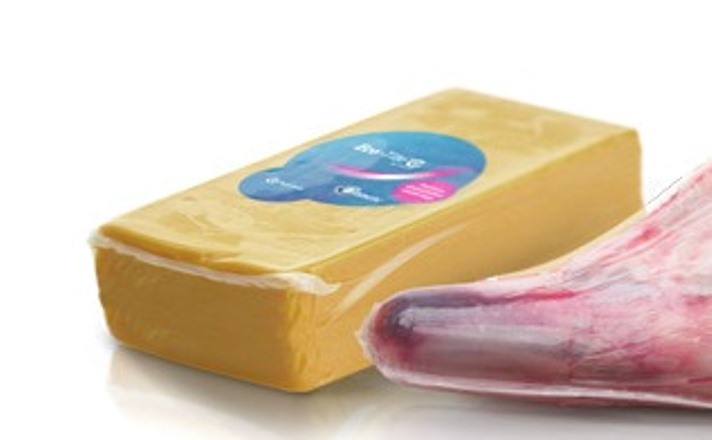Amcor has built a new production line for high-performance shrink bags and films for meat and cheese at its Amcor Flexibles plant in Swansea, UK. The new shrink bags and films offer a more sustainable alternative to existing solutions, with a high barrier PVdC-free formulation, thinner material that maintains performance, and exceptional optical properties.
Amcor’s range of PrimeSeal™ shrink bags and films significantly extends the shelf life of highly perishable products like fresh meat. It offers high-barrier protection against oxygen and moisture to maintain product freshness and safety, and assures protection throughout packing, transportation, retail and at home. There is even an extra-robust version, PrimeSeal™ Crystal Shield, that extends the shelf-life of all types of meat and non-gassing cheese with extra product protection to prevent punctures and reduce leakage.
Said Robert Kleinschmidt, vice president – meat, fish & poultry business unit, Amcor: “Our state-of-the-art production line enables us to provide customers with an effortless transition towards more sustainable packaging. With our latest shrink line, we can now produce thinner, PVdC-free shrink bags and films that not only maintain the same transparency and protective qualities as existing solutions but also surpass them in terms of performance and reduced plastic usage.”
Added Rosalia Rosalinova, senior marketing manager: “This latest investment expands our existing PVdC-free packaging range for meat and cheese. Amcor uniquely combines packaging engineers, sustainability experts and modern production. The investment in this new production line demonstrates our dedication to our customers and to offering more sustainable packaging for the meat and dairy industries.”
The new production line will deliver several products in Amcor’s PrimeSeal™ packaging range for meat and DairySeal™ packaging range for cheese, including: Crystal Shield 75 shrink bag, Eco-Tite, Cook-Tite, Flow-Tite, and Form-Tite. For more visit amcor.com/product-listing/shrink-bags-protein



